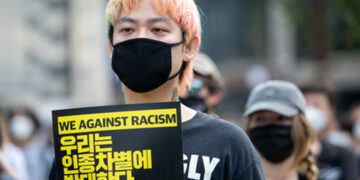Last Updated on 8 months by admin
Before you step excitedly into those mysterious DMZ zones and take a selfie with the cool guy in uniform, you might want to know what he’s surviving behind that smile. Because the mandatory military service in South Korea is far from those scenes you saw in “Descendants of the Sun,” and today we’re going to brief you on how long and what these guys are facing.
By the end of this article, the next time you see these men of duty, or watch celebrities—say, BTS—who have been discharged from mandatory service in South Korea, you will already know what they had been facing.
What Is South Korea’s Mandatory Military Service, Really?
Well, just as the name says: “mandatory,” the military service in South Korea is a legal requirement for almost all able-bodied Korean men aged between 18 and 35. And just as what “mandatory” usually follows, there is no flexibility whatsoever in this system.
So, once you hit the conscription radar, you’re on a tight timeline. Yes, you may request some delays, but only under strict conditions: university enrollment, overseas residency, celebrities’ duty contracts, or rare public recognition like an Olympic medal.
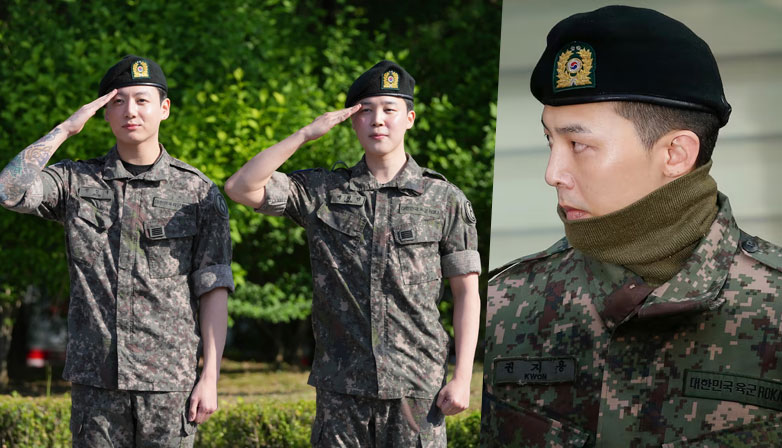
Now, why must these men in South Korea enlist for mandatory military service? Well, the core idea is national defense, actually.
South Korea remains technically at war with North Korea, and the tension across the Demilitarized Zone (DMZ) justifies why this conscription policy remains in full force even in 2025.
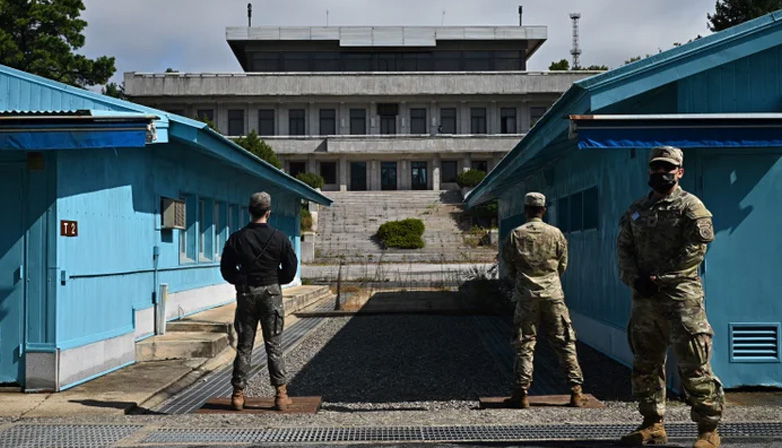
How Long Is the Mandatory Military Service in South Korea?
The answer depends on where you’re assigned:
- Army & Marine Corps: 18 months
- Navy: 20 months
- Air Force: 21 months
- Social Work (Alternative Service): Minimum 21 months, often more
- Special Exemptions (e.g., classical musicians, gold medal athletes): Basic training + 34 months active in profession + 6 years reserve check-ins
Most conscripts serve in the Army due to volume and availability. While there have been ongoing discussions about shortening service time, especially with declining birth rates, no formal change is expected soon.
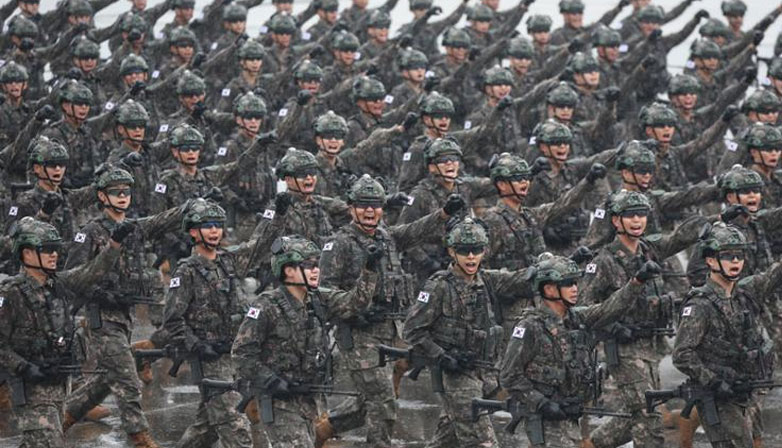
Why Is the Mandatory Military Service So Anxiously Feared in South Korea?
1. It Comes at a Life-Crushing Time
For Korean men, enlistment usually happens between high school and college graduation, or right after. It slices right through the phase when most people are building careers, relationships, or discovering who they are.
You might’ve made a close friend while studying abroad in Korea, only for them to disappear one day, enrolled in boot camp and unavailable for up to two years. It’s common. Life gets paused. Goals get delayed. Plans get reshuffled.
2. The Pressure Starts Before Enlistment
The anxiety doesn’t begin at the barracks. It begins long before the moment a young man starts filling out resumes or applying for internships. Korean companies tend to reject applicants who haven’t completed their service. There’s a strong unspoken preference: “Come back when you’re done.”
That forces many men to enlist first, then chase jobs later. Some even wait to finish their military service before dating seriously, because who wants to disappear for 18 months in a new relationship?
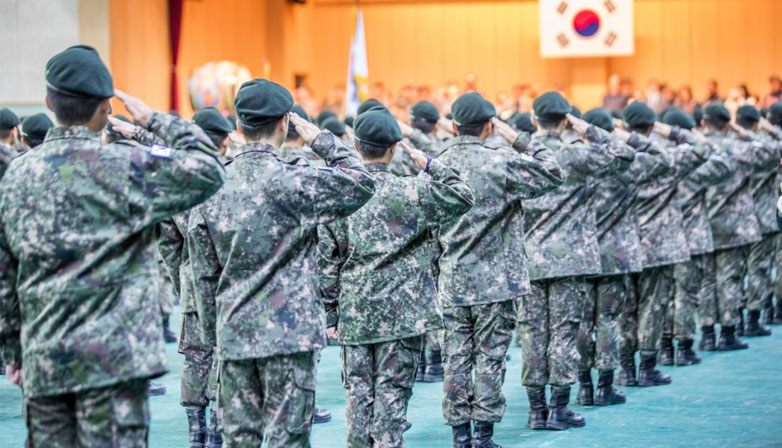
What Happens Inside: The Mental and Emotional Toll
Uniform On, Emotions Off
The emotional landscape inside conscription units can be rough. You’re thrown into tight quarters with strangers, forced into rigid hierarchies, and often cut off from your support network. The image of camaraderie is real, but it comes at the cost of intense pressure to conform and suppress distress.
Stories of “hyung” (older soldiers) abusing their power over younger enlistees used to be common. The military has tried to clean this up, but hazing and toxic culture still creep in.
Mental Health Remains a Taboo
Suicides in the military remain a serious issue. Many enlisted men struggle with anxiety, depression, and isolation, but few speak out. Therapy is stigmatized. Vulnerability is seen as weakness. When you’re surrounded by people trained to follow orders, emotional pain tends to get buried—until it explodes.
And eventually, no matter how long you served in this mandatory service in South Korea, the stories and the mental scar stay with you for the rest of your life.
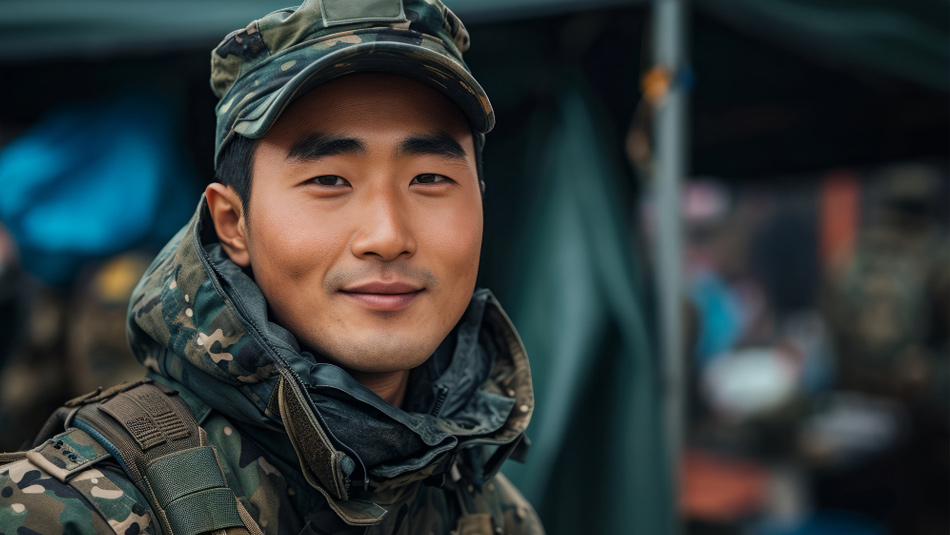
“You Look So Cool in Uniform!”… But at What Cost?
Back home, you see these men in uniform in pop culture. But today, as a traveler, you’ll see them in person all around Korea. They guard museums or pass you on the subway. And yes, they may smile or even help you find your way.
But here’s what you probably won’t see:
- That they’re paid less than the minimum wage for full-time work
- That they don’t choose their branch or role—it’s assigned
- That some wake at 4:30 AM for drills, then do janitorial duty
- That they only get one or two weekends off per month
- That leaving the base without permission is a criminal offense.
So, no matter how long these men become soldiers in the mandatory military service of South Korea, the smile you see is often just social muscle memory.

Do Women Have to Serve? And What About Foreigners?
Women in South Korea are not conscripted, but they can volunteer as officers. There are increasing calls for gender-equal service, but no policy shift has happened yet.
As for foreigners or dual citizens, it gets complicated:
- If you’re born abroad but registered as a Korean citizen, you might still be eligible for service.
- You can renounce your Korean citizenship before age 18 to avoid conscription, but you’ll lose residency and benefits.
- Dual nationals who ignore military duty and travel to Korea may face detention or denial of services like ID issuance.
These rules confuse even Koreans, so it’s best to consult a consulate early.
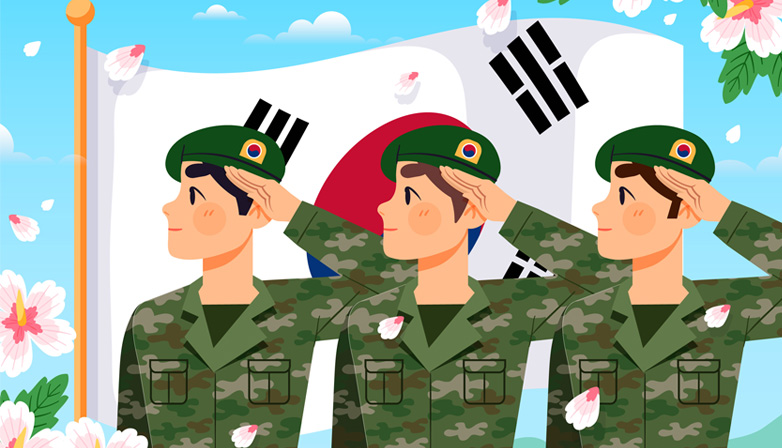
South Korea Mandatory Military Service: Are There Any Benefits to Serving?
Yes, but it’s complicated. Completing service is sometimes seen as a mark of maturity and a rite of passage. Employers may respect it. Older relatives may applaud it. Public companies may prioritize it in hiring.
Still, while some Korean men enlist for honor most of them enlist because the law requires it, and their anxiety often comes from knowing that their personal timeline isn’t fully their own.

The Next Time You See a Soldier in Korea…
You’ll see them walking home in uniform on a rare day off, and you will also see couples hugging goodbye at bus terminals. And most of the time, if you’re an avid fan of the Korean hallyu wave, you’ll see celebrities post their discharge letters online, and put on a wide smile, just like how the great BTS members saluted you in their military discharge celebration.
When you see these, now you’ll know.
That smile isn’t always joy. Sometimes it’s relief, other times it’s pressure. But most of the time, it’s just endurance in disguise.
Witness the Reason Why South Korea is Staying Strong
So before you snap a photo at the DMZ or idolize the soldier in your favorite K-drama, take a moment. Military service in South Korea is real, grueling, and deeply emotional. And for millions of men across generations, it’s been the cost of being born in a divided country.
They serve. Then they return to a world that’s moved on without them.
You, as a traveler, get to witness the Korea that keeps going. They’re the reason it can.
Related Posts
5,594 total views, 14 views today







